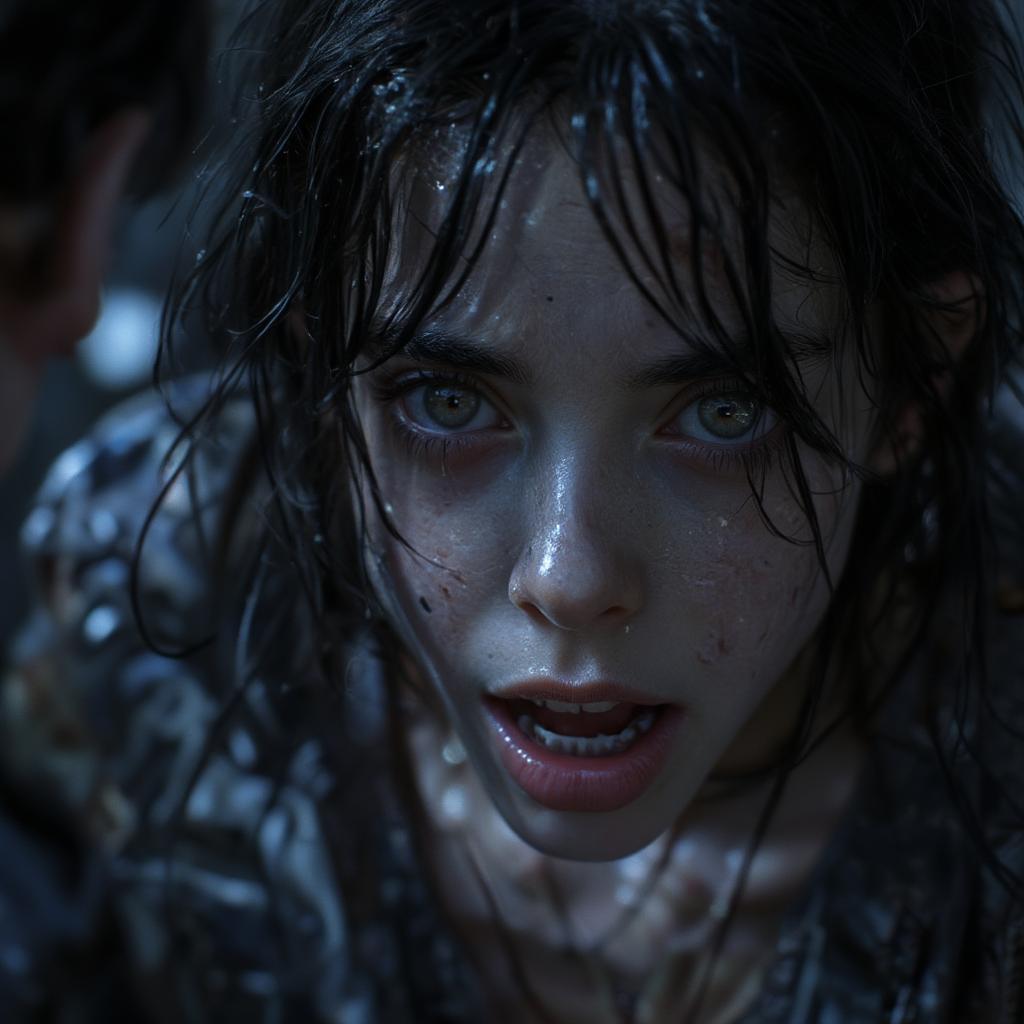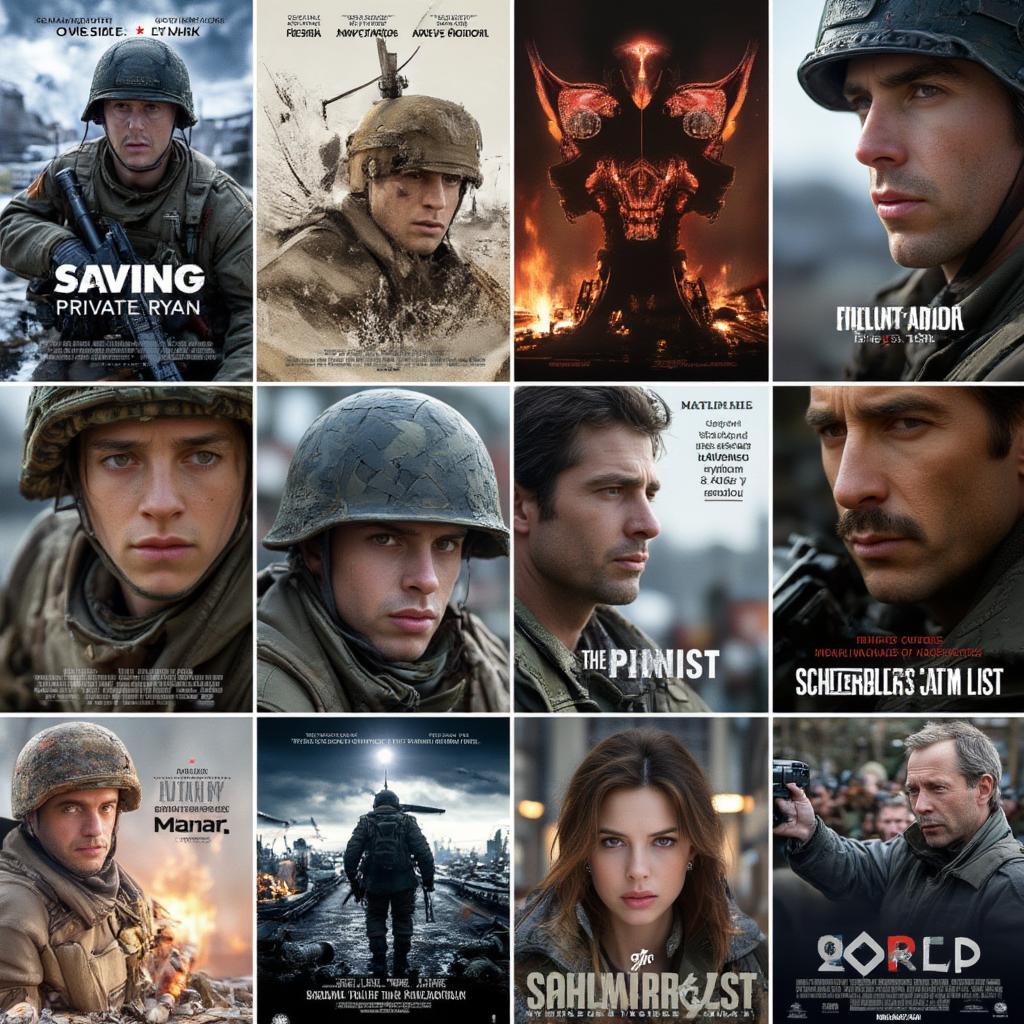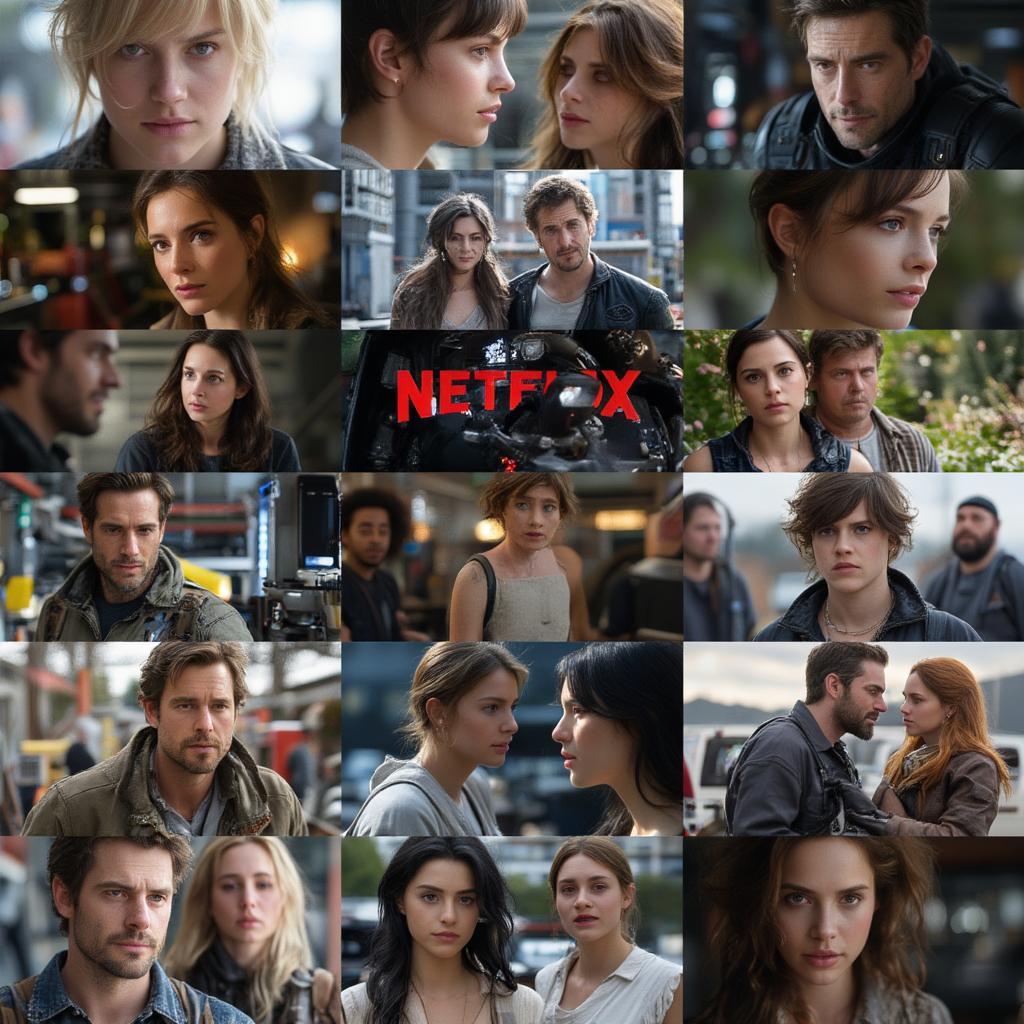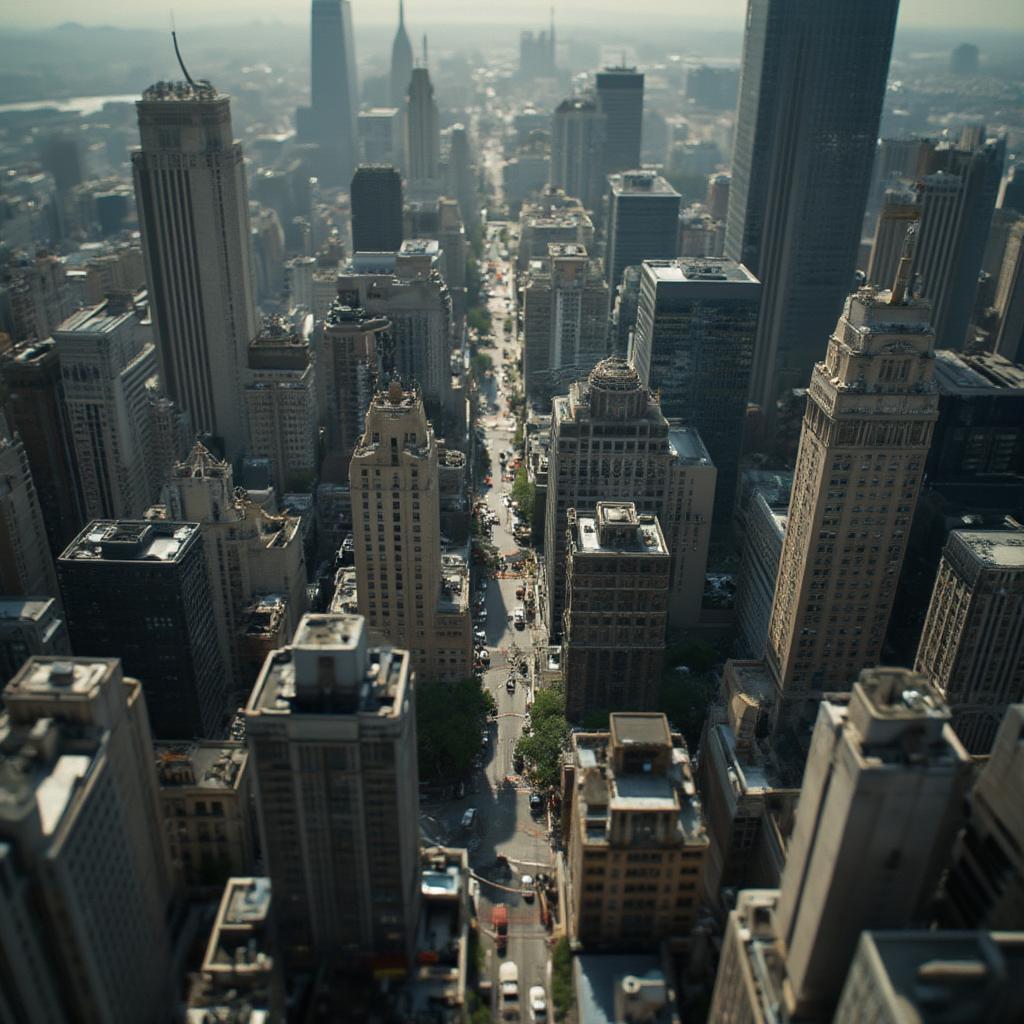The Most Famous French Films: A Tarantino-esque Dive into Cinematic Gold
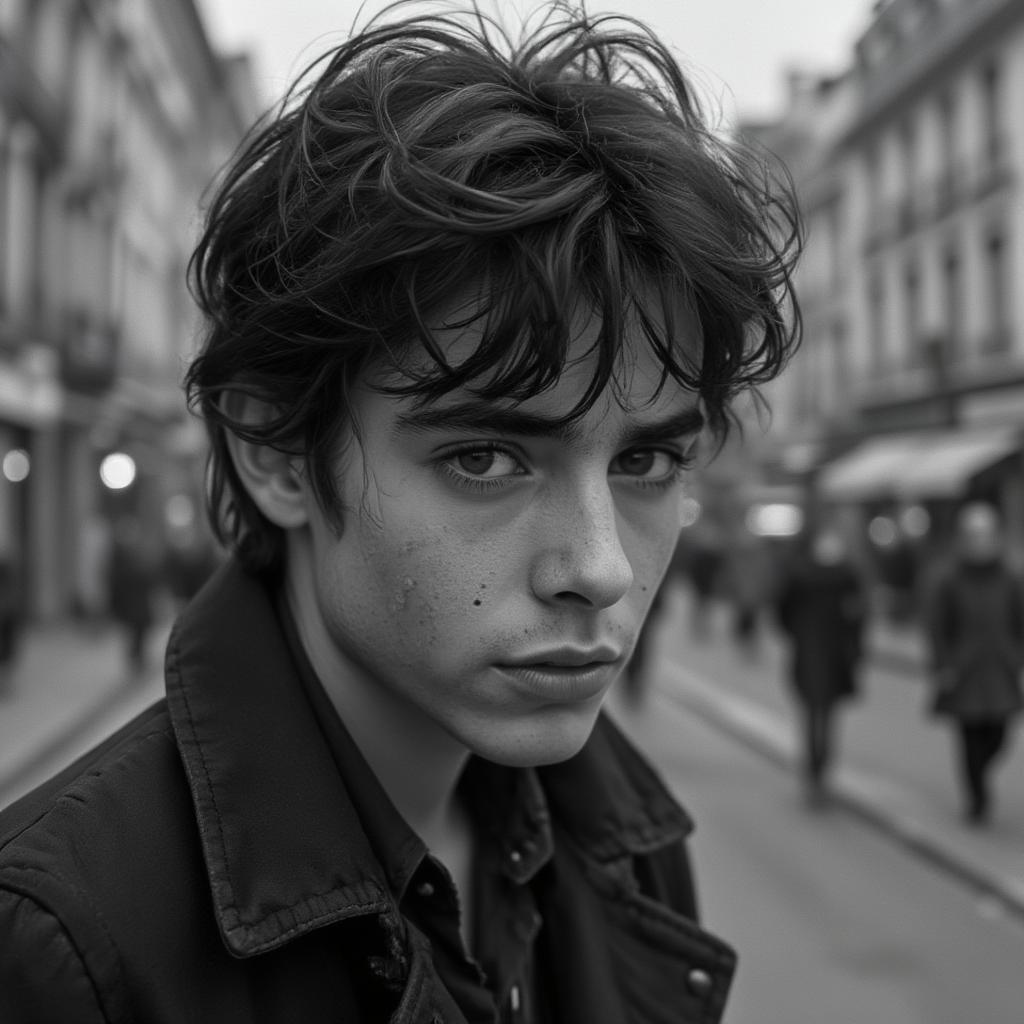
Alright, movie maniacs, let’s talk French cinema. Not the snooty, pretentious stuff they make you watch in film school, but the real deal – the films that have punched through the cultural stratosphere and left a bloody good mark. We’re diving deep, folks, and I’m talking deeper than a Parisian sewer, into the heart of what makes these flicks not just famous, but damn unforgettable. Forget the berets and baguettes for a second; we’re here for the cinematic guts.
You think you know French films? You think it’s all just black and white and existential angst? Mon dieu, you’re in for a rude awakening! We’re going to dissect these babies, Tarantino-style, exposing their brilliance, their flaws, and maybe a few cinematic sins along the way. So grab a stiff drink, settle in, and let’s get to it.
The Usual Suspects: The Iconic French Films You Can’t Ignore
Look, we gotta start with the classics. The movies that everyone, even your grandma, knows. These ain’t just films; they’re cultural landmarks. They’ve been copied, referenced, and parodied, but they still hold their own. And why? Because they’re just that damn good.
-
The 400 Blows (1959): François Truffaut’s masterpiece. A coming-of-age story about a young delinquent that is both heartbreaking and brutally honest. It’s not just about growing up; it’s about the raw, unfiltered pain of being misunderstood. It’s the kind of film that makes you wanna go out and raise some hell yourself.
the 400 blows iconic film
-
Breathless (1960): Jean-Luc Godard’s stylish crime caper. This is the film that screamed “French New Wave” from the rooftops. It’s cool, it’s rebellious, and it’s got more swagger than a gangster with a loaded Tommy gun. The jump cuts, the handheld camera, the sheer audacity of it all – that’s what makes it so damn groundbreaking. “It’s like a jazz solo, man,” says film critic Jean-Pierre Dubois, “where the director breaks all the rules to create a truly unique rhythm”. You want something that feels like a shot of pure adrenaline? Breathless is your fix.
-
Amélie (2001): Jean-Pierre Jeunet’s whimsical romantic comedy. Yes, I know, a romantic comedy? But hear me out! This isn’t your typical rom-com puke fest. It’s a quirky, colorful, and incredibly charming tale of a young woman who finds joy in the small things. This movie is a damn visual feast, with colors that pop like fireworks, and a sense of pure unadulterated joy. If you’re not smirking by the end, you might just be dead inside. Check out world classic movies list for other movies like this.
Beyond the Usual: Diving into the Deeper Cuts of French Cinema
Now, let’s move beyond the basics. We’re venturing into territory that’s a little less explored, the films that true cinephiles worship like religious texts. These are the flicks that show the true breadth and depth of French filmmaking.
-
La Haine (1995): Mathieu Kassovitz’s gritty social commentary. A black and white masterpiece that packs a punch. It’s about police brutality and racial tension in the banlieues of Paris. It’s raw, it’s intense, and it’s as relevant today as it was back in ’95. This ain’t just entertainment; it’s a damn mirror held up to society, and the reflection isn’t pretty. This is how you tell a story with purpose.
la haine powerful social commentary
-
Diva (1981): Jean-Jacques Beineix’s stylish thriller. This movie is pure visual poetry. The colors, the atmosphere, the sheer coolness of it all is just mesmerizing. It’s a crime story, sure, but it’s also a visual feast. The plot is secondary to the mood and the aesthetics. And, you know what? Sometimes, that’s exactly what we need. It is not a normal movie, it is something else entirely. It’s the definition of style over substance, and in this case, it’s brilliant.
-
The Intouchables (2011): Olivier Nakache and Éric Toledano’s heartwarming buddy comedy. Okay, hear me out again. Yeah, it’s a feel-good flick, but it’s done with such heart and humor that it avoids being saccharine. The story of a wealthy quadriplegic and his unlikely caretaker is both funny and moving. It’s about breaking down barriers and finding connections where you least expect them. Sure, it is a big hit at the box office, but that does not take away from the heart of this amazing film.
Why Are These French Films So Damn Famous?
So, what’s the secret sauce? Why do these French films stick with us, long after the credits have rolled? It’s not just about good storytelling (though they certainly have that in spades). It’s about something more profound, something that speaks to the human condition in a way that few films manage to do.
-
Breaking the Mold: They weren’t afraid to experiment with form and style. French filmmakers didn’t just want to tell stories; they wanted to revolutionize the art of cinema. They said “screw you” to convention and forged their own damn path.
-
Honesty and Realism: Many of these films deal with difficult subjects, the gritty truths about life. They don’t shy away from the ugly, the uncomfortable, or the downright heartbreaking. This realness is what makes them so powerful.
-
Visual Mastery: From the stark black and white of La Haine to the vibrant colors of Amélie, these films are visually stunning. The directors use the camera like a paintbrush, creating breathtaking cinematic canvases. To understand the importance of the visual element, perhaps you might be interested in minions scenes or how a director can impact a simple scene.
-
Intellectual Depth: They’re not just popcorn flicks; these movies make you think. They ask tough questions about society, identity, and the meaning of life itself. And, unlike Hollywood, they don’t always give you easy answers. They want to engage your mind, not just your senses.
“French cinema doesn’t aim to please; it aims to provoke,” says Professor Isabelle Moreau, a specialist in French film studies. “It challenges audiences to consider their own realities and preconceived notions”.
The Legacy: How French Cinema Continues to Influence the World
These aren’t just movies from a different place and time; they are part of the fabric of world cinema. Their influence can be seen in films from every corner of the globe. They’ve paved the way for new styles, new voices, and new perspectives. They’ve inspired generations of filmmakers to break the rules, challenge the status quo, and tell stories that matter.
And let’s be honest, the French have got a certain je ne sais quoi about them that just makes their films feel different, feel special. They are the kind of films you talk about for years to come.
Consider the depth of a performance, take, for example, ralph fiennes in a world setting, and you can understand the value that this brings to the overall quality of a film.
So, next time someone says that French films are boring, you tell them to watch Breathless. Tell them to experience the grit of La Haine. Tell them to feel the magic of Amélie. You tell them to open their damn eyes and see the beauty, the brutality, and the absolute brilliance of the Most Famous French Films. You show them the truth about French cinema.
Conclusion: The Enduring Power of French Film
Look, French cinema isn’t for everyone. It’s not always easy, or comfortable, or even particularly enjoyable (in the traditional sense). But it’s essential. It’s a reminder that film can be more than just entertainment. It can be art, it can be rebellion, and it can be a powerful force for change. These most famous French films have left an indelible mark on the world, and their influence will continue to shape the future of cinema. Now go watch ’em… again.
Frequently Asked Questions About Famous French Films
Alright, you’ve got questions? I’ve got answers. Let’s cut through the BS and get to the nitty-gritty about the most famous French films.
1. What makes a French film “famous?”
It’s not just about box office numbers, it’s about cultural impact, artistic merit, and lasting influence. These films have resonated with audiences and filmmakers worldwide, shaping how we see cinema.
2. Are all famous French films black and white?
Hell no! While many classics are in black and white, there’s a wide spectrum of style and color across famous French films. Amélie is proof that they can do color with flair!
3. Do I need to be a “film buff” to enjoy these movies?
Absolutely not. These films are for anyone who appreciates great storytelling, unique perspectives, and a cinematic experience that goes beyond the ordinary. Just hit play and let the movie take you where it will.
4. Are famous French films depressing?
Some tackle serious topics, but they’re not all doom and gloom. There’s heart, humor, and even joy to be found in many of them. It’s all about finding the balance between the light and the dark, just like life itself.
5. Which of these French films is the best starting point?
If you’re new to French cinema, Amélie is a great place to start. It’s charming, accessible, and a hell of a lot of fun. Once you’ve gotten your feet wet, dive into the deeper cuts.
6. Why are there so many French New Wave films in the list?
The French New Wave revolutionized cinema, breaking away from traditional conventions. Directors like Truffaut and Godard redefined how movies were made, and their influence is still felt today. They were the rebels of their time, and that’s why their movies are still iconic.
7. What is so special about the cinematography in French films?
They have a knack for using the camera to tell a story, creating visually stunning and evocative images. It’s not just about recording; it’s about painting with light and shadow.
8. How can famous French films enhance my movie watching experience?
By expanding your horizons and exposing you to different styles of storytelling and filmmaking. Watching these films will make you a more informed and sophisticated filmgoer.
9. Are there any modern French films that live up to the classics?
Absolutely! French cinema is constantly evolving, with new talents and new stories emerging all the time. It’s a dynamic, thriving industry, and I’m excited to see what comes next. Just keep searching and you might find your next favorite French film.

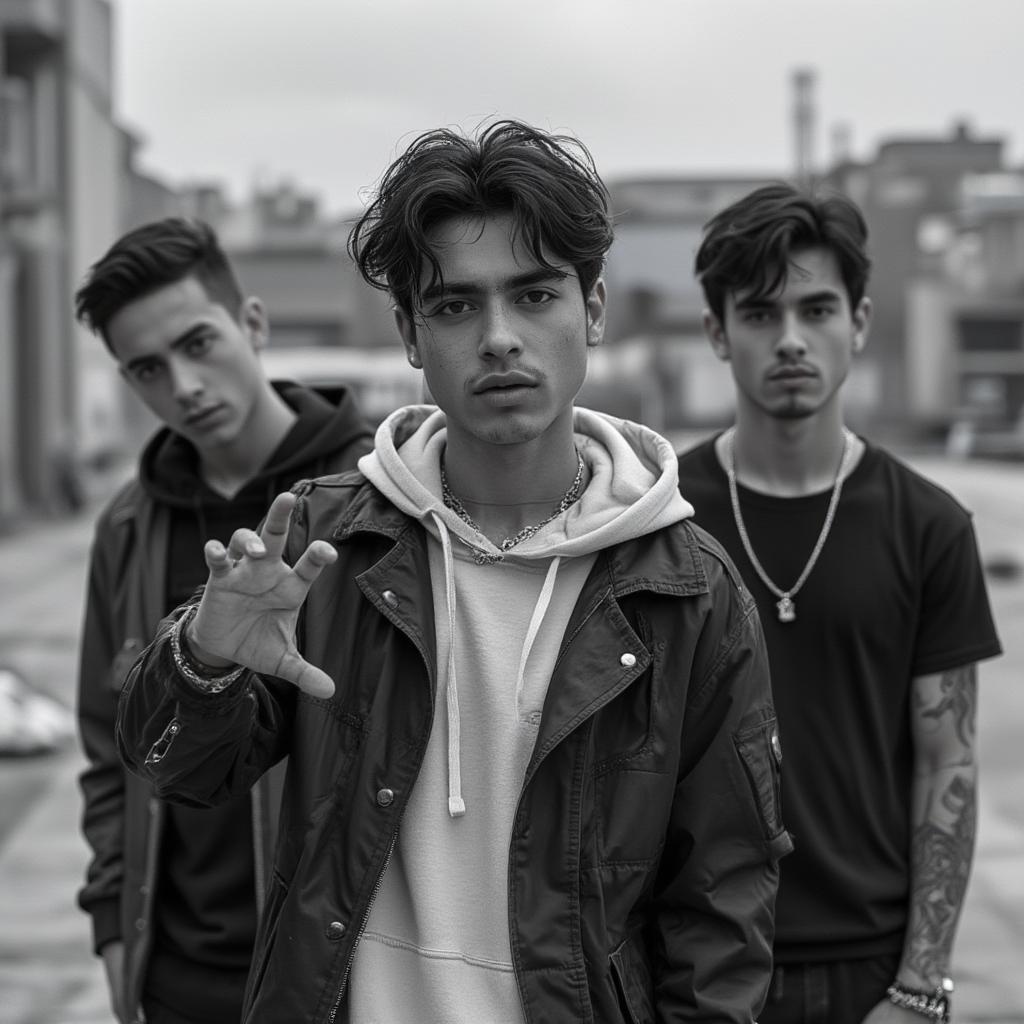 la haine powerful social commentary
la haine powerful social commentary